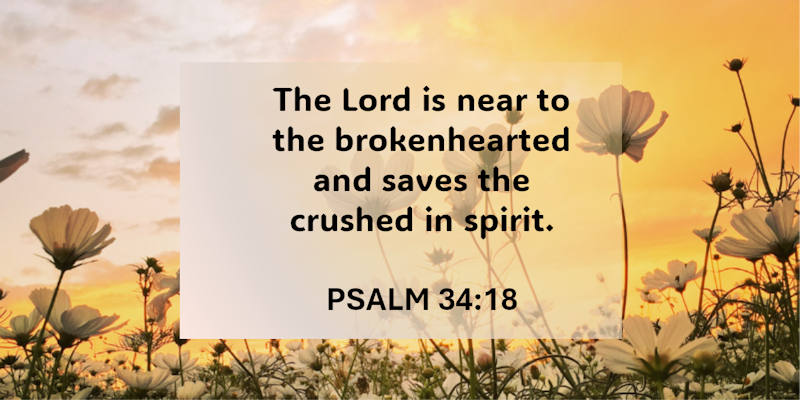Grief is hard enough when a loved one suddenly passes, but there is another kind of grief that can be just as heartbreaking. It is the grief experienced before an anticipated loss, such as the death of a loved one, particularly when facing a terminal illness. It is termed anticipatory grief – the process of mourning that occurs in anticipation of an inevitable loss, allowing individuals to begin processing their emotions and preparing for the future. The time frame can be weeks, months, or agonizing years. This form of grief can be intense and emotional as loved ones start mourning before the actual event occurs.
Anticipatory grief is a form of grief that occurs when you begin to anticipate an impending loss; what it will be like not to have a loved one in your life any longer. It is common in situations like cancer or dementia. Like the grief that occurs after an actual death, this grief brings about a range of emotions including anger, sadness, and fear.
This kind of grief did not just start in modern times. Luke 22:44 is an example of anticipatory grief with Jesus’s anguish and prayer before his crucifixion: And being in agony, He prayed more earnestly. Then His sweat became like great drops of blood falling down to the ground.
The Apostle Paul’s experienced anticipatory grief as he was mindful of his own impending death, reflected in 2 Timothy 4:6-8: For I am already being poured out as a drink offering, and the time of my departure is at hand. I have fought the good fight, I have finished the race, I have kept the faith. Finally, there is laid up for me the crown of righteousness, which the Lord, the righteous Judge, will give to me on that Day, and not to me only but also to all who have loved His appearing.
If you are suffering anticipatory grief, continue to put your trust and faith in the Lord. Psalm 112:7 tells us: He will not be afraid of evil tidings; His heart is steadfast, trusting in the Lord. As Christians, we can find solace and strength in our faith, believing that God is present and offers comfort and hope for the future.
There are those who would say that grief is harder with a sudden and unexpected death and others believe that prolonged anticipatory grief is harder. The fact is that all grief is painful. Sudden and unexpected loss is difficult because we are unprepared and taken by surprise. Yet losing someone to death from a disease is also hard in a different way. It all hurts.
Focus on loving each and appreciating each other and never taking your loved ones for granted. Until Jesus comes back, there will be death on this side of eternity. And even in a prolonged illness like cancer or dementia, we can never know for sure how much time we have. There are those who defy the odds and live longer than predicted and those who pass on sooner. Actually, we never know how much time we have on any given day. Cherish life and your loved ones.
God encourages us, however, not to fear bad news but instead to put our trust Him. He will have no fear of bad news; his heart is steadfast, trusting in the Lord. (Psalm 112:7)





